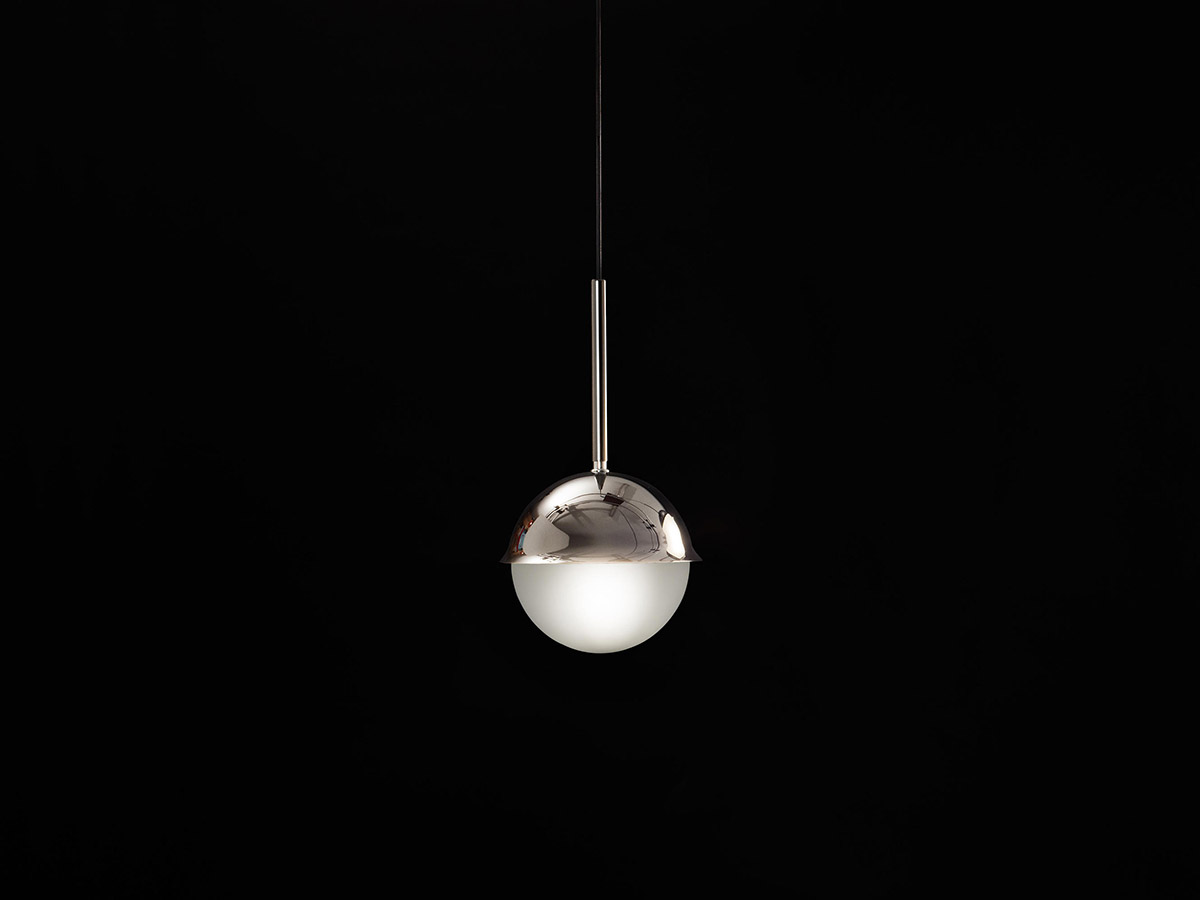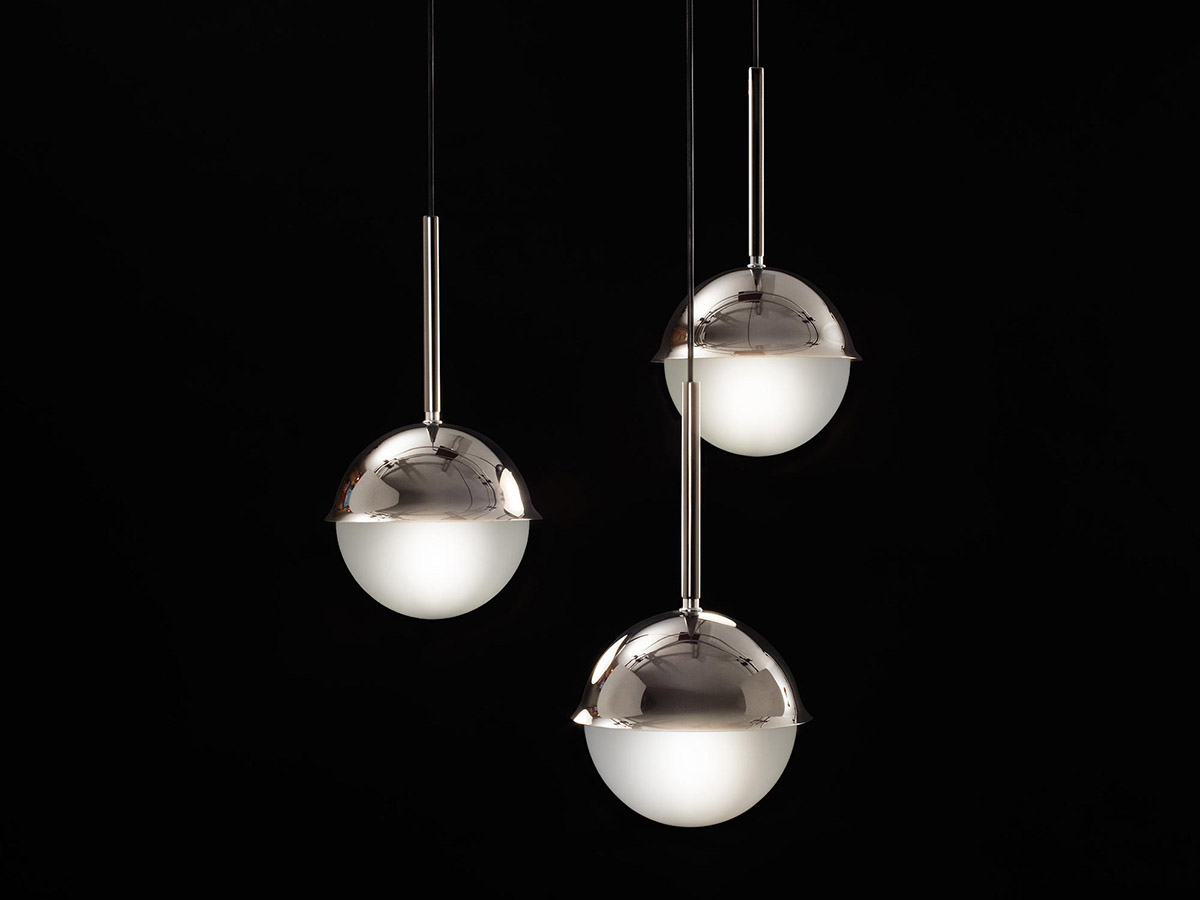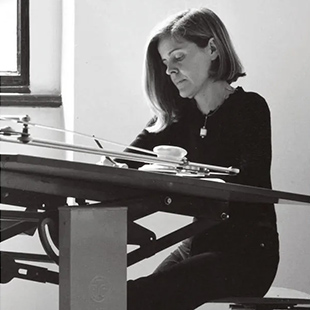Tato
Netta Pendant Light
A conceptual work carried out by the designer who created this furnishing element, Antonia Astori. Netta comes to life from a modularity and proportionality of the simplest shapes, the circle, the cone, the sphere, purified of any superfluous part to accentuate its essence. The Netta series takes inspiration from the possible configurations of these elements to which light is then added in unusual and captivating ways to make the surrounding environment elegant and contemporary. This suspension lamp fits perfectly in different environments due to the purity of its shapes as well as its highly distinctive and neutral sign.
Ø 20 x H.37 cm
Salvioni Design Solutions delivers all around the world. The assembly service is also available by our teams of specialized workers.
Each product is tailor-made for the personal taste and indications of the customer in a customized finish and that is why the production time may vary according to the chosen product.
To discover the full range of services available, visit our delivery page.
Select
Select
Select
Tato is a company specialized in the production of high-end furniture with an exquisitely essential and minimalist style. The functionality-oriented design and the choice to create pure shapes without unnecessary frills give it a Nordic character that goes well with the contemporary taste of "furnishing more with less". Among Tato's numerous creations it is right to mention lamps and living room furniture available in numerous possibilities of bookcases, seats and tables. Equally interesting is the range of lighting proposals, which range from table lamps to pendant lamps, without neglecting floor and wall lamps.Read more
Designed by
Antonia Astori
Antonia Astori (1940-) is an Italian designer and entrepreneur remembered in particular for her work with Driade, a company she founded in 1968 together with her brother Enrico Astori and her sister-in-law Adelaide Acerbi. Graduated in Industrial and Visual Design at the Athenaeum in Lausanne, Antonia has focused much of her career on the creation of modular systems capable of relating to the environment in a dynamic way, often based on square modules with clean geometries enlivened with colored inserts as in the Oikos I series (1972), which later evolved into the Kaos (1986) and Pantos (1993) models. She also designed a successful kitchen model for Driade (the Chef line, 1978) and numerous furnishings and accessories still in production today. Another area of specialization is interior design, practiced both within Driade – he personally supervised the design of many trade fair stands and Driade stores around the world, as well as the company headquarters in Piacenza – and on his own, with projects for homes and villas or in the retail sector such as the boutiques of the Marithé & François Girbaud brand in Paris, Brussels and North America. In 2004 he also associated his son Nicola De Ponti with his design studio, with whom he created appreciated creations for brands such as Oluce and Tubes Radiatori.Read more



